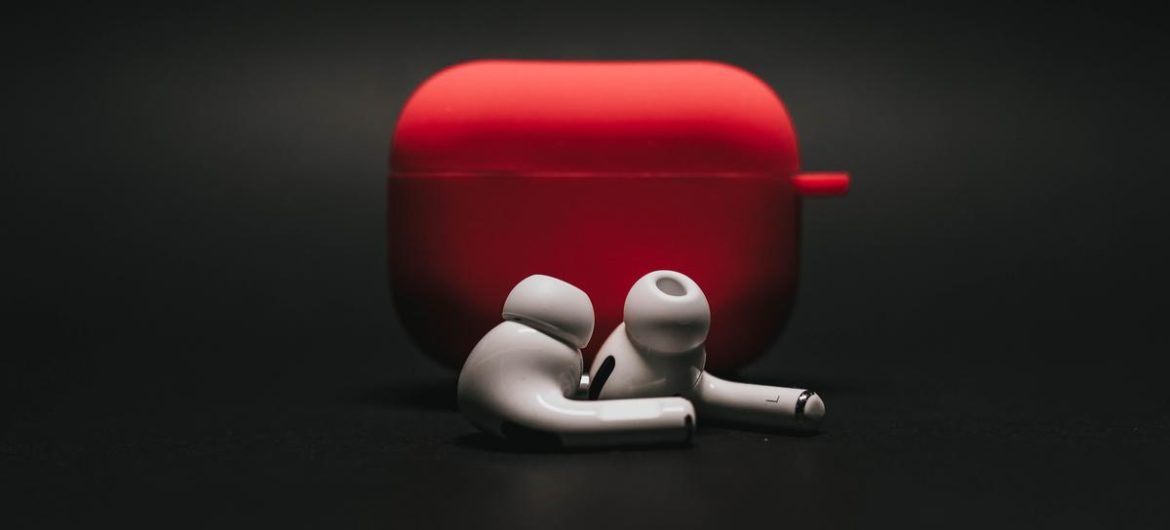Apple’s iPhone 12 could be completely wireless, meaning users will not receive a free pair of earbuds and be forced to purchase the firm’s $159 (R2800) AirPods.
The news was revealed by well-known Apple product predictor Ming-Chi Kuo, who believes the tech giant may offer promotions or discounts on the AirPods this holiday season.
Kuo also noted that Apple is not expected to release new models of AirPods or AirPods Pro until 2021, 9to5Mac reports.

Apple has steadily unveiled the new iPhone models in September for years, but numerous reports suggest users may have to wait until November to get their hands on one – the firm experienced delays due to the coronavirus pandemic that closed its factories in China earlier this year.
The prediction that Apple is moving away from wired earbuds does not specify what promotions of discounts iOS users could see when the iPhone 12 is released, but the AirPods start at $159 (R2800) and the AirPods Pro is available for $249 (R4400).
Daily Mail has reached out to Apple for comment and has yet to receive a response.
The iconic wired headphones have accompanied the smartphone since Apple released the iPhone in June 2007.
Although the Kuo report is only a prediction, he is known for getting it right when the new iPhone is officially revealed.
However, users might have to wait two extra months to find out if he is correct.

Citing ‘people familiar with the plans,’ The Wall Street Journal revealed that Apple is reportedly pushing back the production of its flagship 2020 iPhones by about a month.
The sources also noted that the firm is set to release four new smartphones this year.
The devices are said to come in three different sizes, one will be 5.4 inches, two at 6.1 inches and another model is 6.7 inches – and some of the handsets will support 5G.
Apple has steadily unveiled the new iPhone models in September for years.
In order to hit the mark, the firm must start ramping up production early in the summer and building inventory by August.
However, the firm’s factories in China were forced to close down in February due to the coronavirus spreading around the country and production came to a standstill.
Although Apple would still be building some of the new phones in the July-to-September period, the mass-production ramp-up will slide back by about a month, the people familiar with the matter told The Wall Street Journal.
But these sources also said that the firm is reducing the number of smartphones for purchase by 20 percent.
The delay of the flagship smartphones has been predicted by investors and analysts as early as February.

Earlier this month, Goldman Sachs suggested Apple may not release the iPhone 12 models until early November.
While Apple’s primary assembler, Foxconn, says that it will be ready to meet demand for Apple’s typical September launch, factors in other parts of Apple’s supply chain may hinder that timeline.
As noted by 9to5Mac, suppliers in China have been significantly affected by lockdowns created by the COVID-19 outbreak.
Additionally, Apple has voiced concern about whether consumers will be willing to buy a premium phone as the economy worsens and many have their salaries reduced or lose their jobs entirely.
Goldman Sachs said it expects iPhone shipments to drop 36 percent during the third quarter due to coronavirus-related lockdowns around the world and downgraded Apple Inc stock to ‘sell.’
The brokerage firm also predicted that the average selling prices for consumer devices are likely to decline during a recession and remain weak well beyond the point when units recover.

‘We do not assume that this downturn results in Apple losing users from its installed base’ a Goldman Sachs analysts said in a note.
‘We simply assume that existing users will keep devices longer and choose less expensive Apple options when they do buy a new device.’




